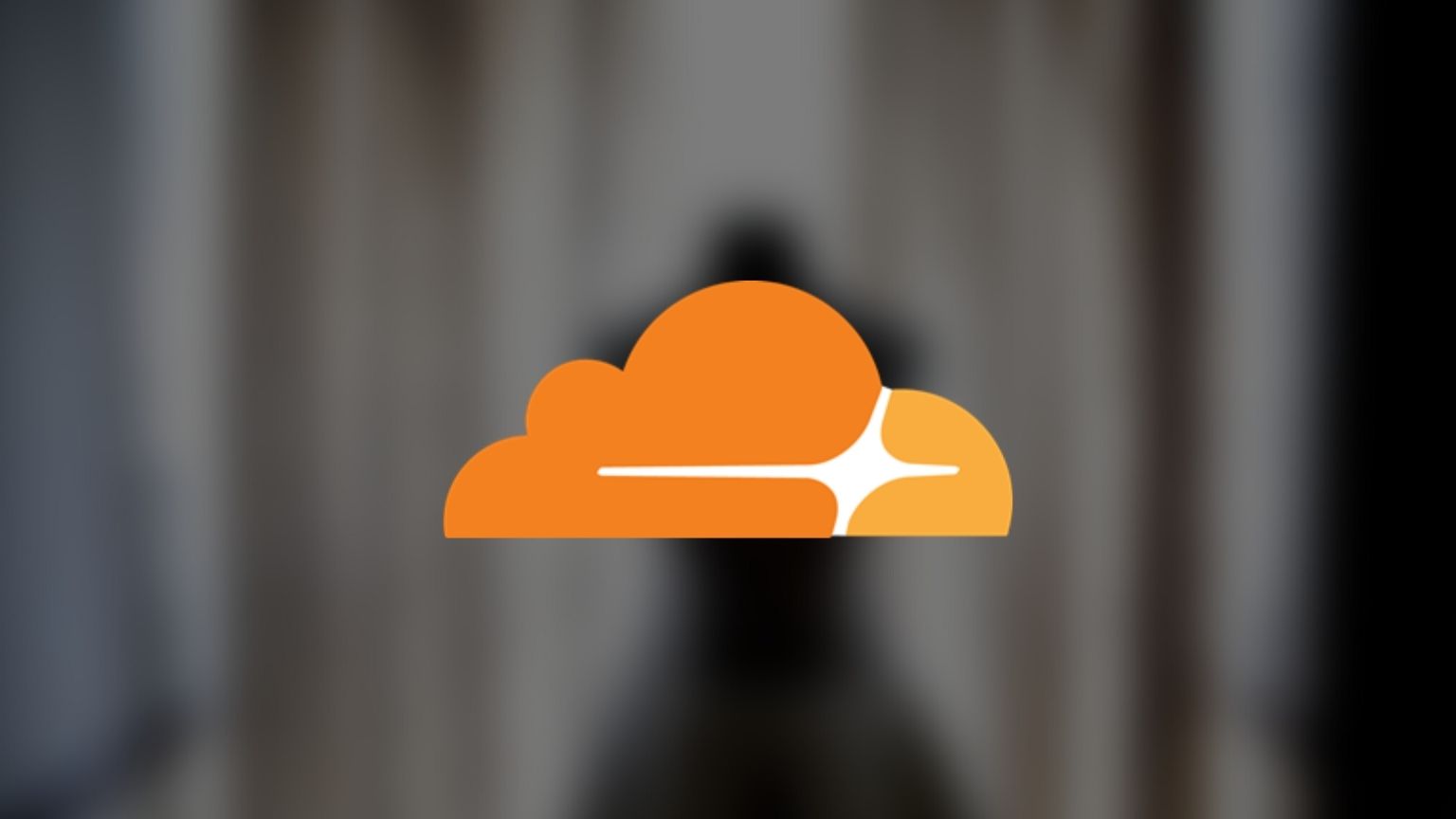Cloudflare is not liable for the copyright infringement practices of the websites that use its security and content-delivery services, a judge ruled.
The ruling helps Cloudflare position itself as a neutral security provider and not responsible for the content of its users.
In November 2018, two US-based wedding dress sellers and manufacturers, Mon Cheri Bridals and Maggie Sottero Designs sued Cloudflare for contributory copyright infringement because it provided its services to other websites that infringed on their copyright material.
We obtained a copy of the ruling for you here.
Judge Vincent Chhabria of the US District Court of Northern District of California ruled that Cloudflare was not guilty of contributory copyright infringement.
The judge did acknowledge that the dressmakers’ business has been affected “by the proliferation of counterfeit retailers that sell knock-off dresses using the plaintiff’s copyrighted images.” He also acknowledged that the dressmakers had “gone after the infringers in a range of action, but to no avail – every time a website is successfully shut down, a new one takes its place.”
“In an effort to more effectively stamp out infringement, the plaintiffs now go after a service common to many of the infringers: Cloudflare. The plaintiffs claim that Cloudflare contributes to the underlying copyright infringement by providing infringers with caching, content delivery, and security services. Because a reasonable jury could not—at least on this record—conclude that Cloudflare materially contributes to the underlying copyright infringement, the plaintiffs’ motion for summary judgment is denied and Cloudflare’s motion for summary judgment is granted,” the judge continued.
According to the dressmakers’ lawsuit, they “are two of the largest manufacturers and wholesalers of wedding dresses and social occasion wear in the United States, and they “have developed many of the world’s most unique and original wedding and social occasion dress patterns.”
The plaintiffs claim to have hired a company called Counterfeit Technology, which found that their designs had been copied by more than 365 websites that use Cloudflare’s services. The copyright infringement is against the law and against Cloudflare’s policies. The plaintiffs sent multiple take-down notices to Cloudflare, which were ignored.
“Specifically, even after learning of specific, identified acts of copyright infringement by the infringing websites through plaintiffs’ takedown notices, Cloudflare continues to cache, mirror, and store a copy of the infringing websites and the infringing content on its data center servers, and to transmit upon request copies of the infringing content to visitors of the infringing websites,” the amended complaint said. “Cloudflare’s contributions allow the Internet browsers of visitors to the infringing websites to access and load the infringing websites and content much faster than if the user was forced to access the infringing websites and content from the primary host absent Cloudflare’s services.”
Cloudflare countered by claiming the dressmakers “brought this lawsuit based on a fundamental misunderstanding of Cloudflare’s services, the contributory copyright infringement doctrine, and the Digital Millennium Copyright Act, all in pursuit of a statutory damages windfall that has nothing to do with the harm they claim to have suffered.”
The content-delivery network provider added that a win for the plaintiff would have resulted in “an expansion of the contributory infringement doctrine far beyond its established limits.”
The tech company added: “Cloudflare is nothing like the search engines and peer-to-peer networks that the [US Court of Appeals for the] Ninth Circuit has found “significantly magnify otherwise immaterial infringements.” Whereas Cloudflare’s services protect against malicious attacks and at most confer a split-second advantage to the loading time of a website someone is already visiting, the services previously considered by the Ninth Circuit actually helped visitors find infringing material they otherwise never would have found. There also is no ‘simple measure’ that Cloudflare failed to take to prevent further infringements in this case. Unlike hosting providers, Cloudflare could not remove allegedly infringing material from the Internet, and there is no question that those images would have remained available and equally accessible on the accused websites without Cloudflare’s services.”
The judge agreed with Cloudflare.
“Simply providing services to a copyright infringer does not qualify as a ‘material contribution,'” he wrote. “Rather, liability in the Internet context follows where a party ‘facilitate[s] access’ to infringing websites in such a way that ‘significantly magnif[ies]’ the underlying infringement.”













